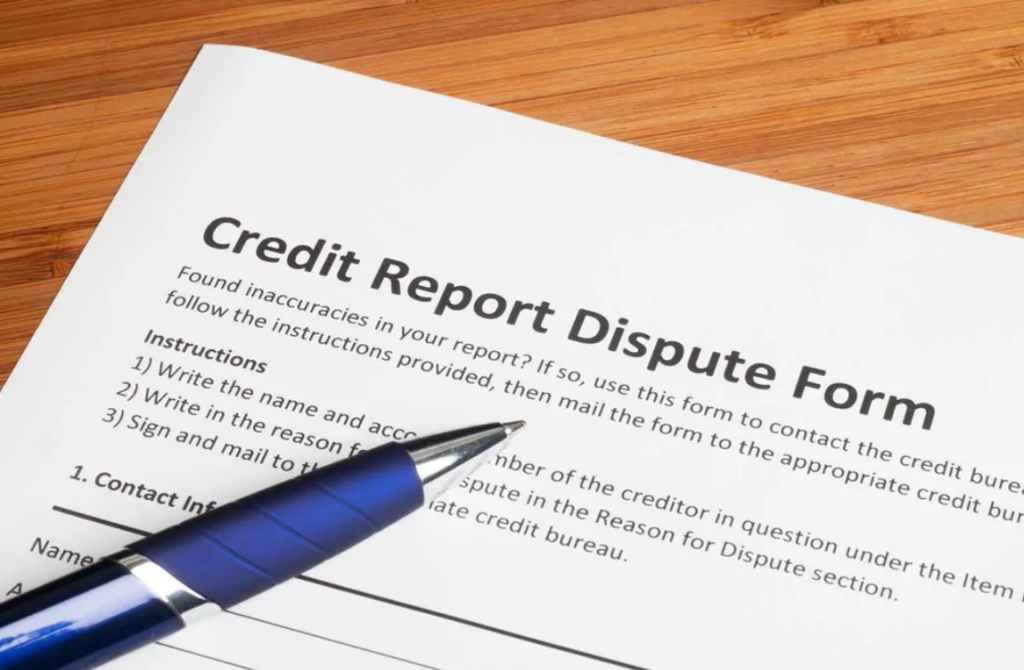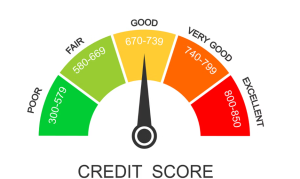A Comprehensive Guide on Fixing Credit Report Mistakes
3 min read
Your credit report plays a pivotal role in shaping your financial profile, influencing everything from loan approvals to interest rates. However, errors on your credit report can have far-reaching consequences. This article serves as a comprehensive guide on identifying and rectifying mistakes on your credit report, ensuring your credit history accurately reflects your financial responsibility.
Obtain and Review Your Credit Report: The first step in fixing credit report mistakes is to obtain a copy of your credit report from each of the major credit bureaus—Equifax, Experian, and TransUnion. You are entitled to one free report from each bureau annually through AnnualCreditReport.com. Carefully review each report to identify any discrepancies or inaccuracies.
Identify Common Credit Report Errors: Credit report errors can take various forms, including:
Incorrect personal information (name, address, Social Security number).
Accounts that don’t belong to you.
Incorrect account details (balances, payment history).
Duplicate accounts.
Inaccurate account status (closed accounts reported as open, etc.).
Document the Errors: Once you identify mistakes, document them in detail. Note the specific information that is incorrect, providing as much detail as possible. This documentation will be crucial when disputing the errors with the credit bureaus.
Initiate Disputes with the Credit Bureaus: Disputing errors involves notifying the credit bureaus about the inaccuracies on your report. You can dispute online, by mail, or over the phone. Clearly outline the errors in a dispute letter, including supporting documentation such as account statements or correspondence with creditors.
Equifax Dispute:Visit the Equifax dispute page online or mail your dispute to Equifax Information Services LLC, P.O. Box 740256, Atlanta, GA 30374-0256.
Experian Dispute:File a dispute through the Experian dispute center online or mail your dispute to Experian, P.O. Box 4500, Allen, TX 75013.
TransUnion Dispute:Utilize the online dispute option on the TransUnion website or mail your dispute to TransUnion LLC, Consumer Dispute Center, P.O. Box 2000, Chester, PA 19016.
Dispute with the Furnishers: In addition to disputing with the credit bureaus, contact the entities that furnished the inaccurate information. This may include creditors, lenders, or collection agencies. Clearly communicate the errors and provide supporting documentation. Request that they correct the information with the credit bureaus.
Follow Up on Disputes: After initiating disputes, monitor the progress regularly. Credit bureaus typically have 30 days to investigate and respond. If the disputes are resolved in your favor, ensure that the corrections are reflected on your updated credit reports.
Add a Consumer Statement: If the dispute process doesn’t fully resolve the issue, you have the option to add a consumer statement to your credit report. This is a brief statement (100 words or less) that explains your side of the story. While it won’t remove the mistake, it provides context for future creditors.
Monitor Your Credit Reports Regularly: Even after resolving inaccuracies, make it a habit to monitor your credit reports regularly. Annual check-ups can help you catch any potential issues early and ensure that your credit information remains accurate. Consider using credit monitoring services for ongoing vigilance.
Seek Legal Assistance if Needed: If the dispute process becomes complex or the errors persist, consider seeking legal assistance. Consumer protection laws, such as the Fair Credit Reporting Act (FCRA), provide avenues for legal action against entities that fail to correct inaccuracies.
Maintain Good Financial Habits: While correcting credit report mistakes is crucial, maintaining good financial habits is equally important. Pay your bills on time, keep credit card balances low, and manage your credit responsibly. Consistent, responsible financial behavior contributes to a positive credit history.
Conclusion:
Fixing mistakes on your credit report requires diligence and proactive efforts. By carefully reviewing your credit reports, documenting errors, and navigating the dispute process with both credit bureaus and furnishers, you can rectify inaccuracies and ensure that your credit history accurately reflects your financial responsibility. Stay engaged in monitoring your credit, seek legal assistance if needed, and maintain good financial habits to build a positive credit profile over time.





